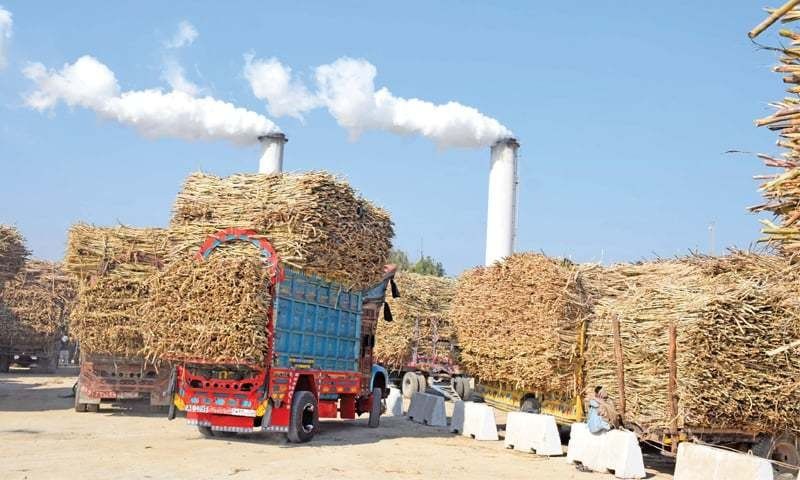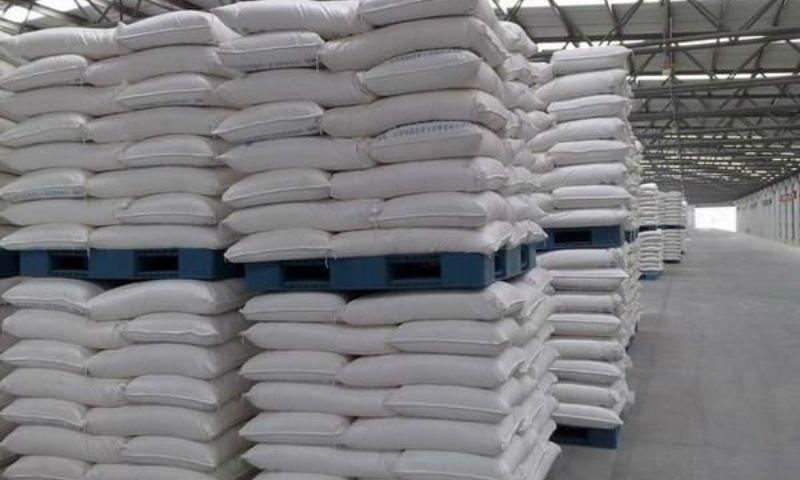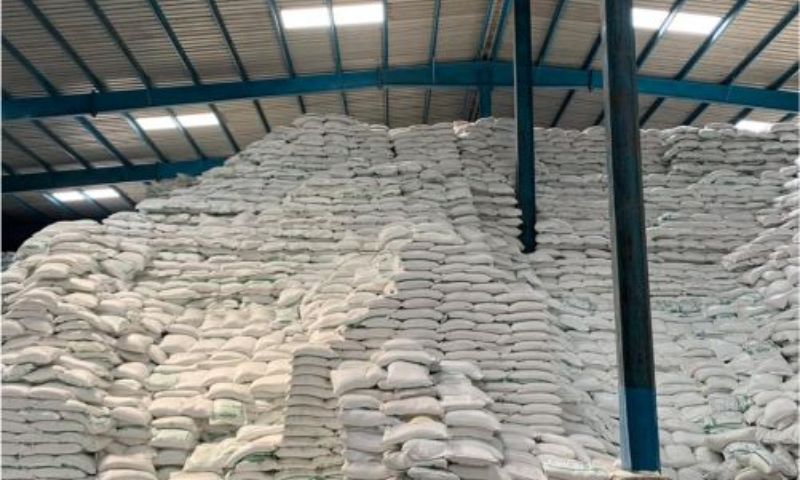LAHORE: In Pakistan, a country predominantly reliant on its agricultural sector, small farmers often find themselves ensnared in a web of exploitation woven by powerful sugar cartels. These cartels, composed of influential politicians and businessmen, have mastered the art of extracting every penny they can from the toil of small farmers, particularly sugarcane growers.
The predicament begins with delayed payments and prolonged waits at sugar mills, where farmers must queue up for weeks with their sugarcane. As they wait, their precious harvest loses weight, and mill owners profit from the reduced yield. Delayed payments add another layer of distress, as mill owners use farmers’ money to expand their businesses before settling their dues. These practices not only erode the farmers’ income but also inflict severe financial stress on them.
Sugarcane, often considered the country’s fourth most important cash crop, plays a vital role in Pakistan’s agriculture sector. It serves as the primary raw material for the country’s second-largest agro-based industry: sugar production. Despite its significance, sugarcane growers frequently find themselves in a state of turmoil due to unfavorable policies and ruthless exploitation by industrialists.

One of the underlying issues contributing to this crisis is a lack of timely payments and fair pricing for farmers. The sugarcane sector has suffered due to declining water availability, rising fuel and power prices, and increasing costs of inputs and pesticides. The cumulative impact of these factors takes a toll on the farmers, making their livelihoods increasingly precarious.
Additionally, the absence of substantial research in the agricultural sector has hindered the development of disease-resistant sugarcane varieties and appropriate pricing mechanisms. Small farmers are often at the mercy of costly input sellers, middlemen, and industrialists, who exploit their vulnerability.
To address these challenges and protect the interests of sugarcane growers, several key measures need to be taken. Firstly, streamlining the entire sugarcane production process, from cultivation to crop ripening and sale, is essential. This would ensure fair pricing and timely payments to safeguard the farmers’ interests.
Moreover, the government and relevant authorities should devise a comprehensive strategy to shield small farmers from the onslaught of rising input costs, fuel and electricity prices, and other economic challenges. This includes measures to curb exploitation by cartels and middlemen.
Efforts should be made to encourage the use of certified seeds among farmers, promoting better yield and profitability. Additionally, research institutions should focus on developing high-yielding sugarcane varieties that are resistant to pests, insects, fungus, and adverse weather conditions.

While these steps are crucial, they require a coordinated effort from government agencies, agricultural experts, and the private sector. Ensuring that small farmers receive their fair share of the rewards for their labor is not just a matter of economic justice but also crucial for the sustainability of Pakistan’s agricultural sector.
The exploitation of small farmers by sugar cartels poses a significant threat to Pakistan’s agriculture sector. Immediate action is needed to protect farmers’ rights, secure their profits, and ensure a steady supply of sugar at affordable rates. By addressing these challenges, Pakistan can harness the full potential of its agricultural sector and provide much-needed relief to its small-scale sugarcane growers.

























